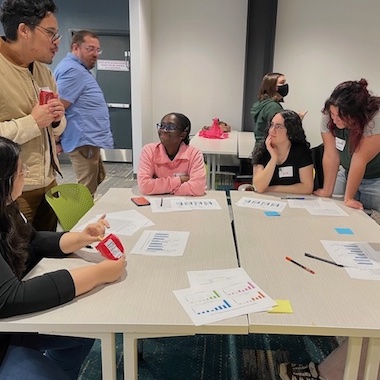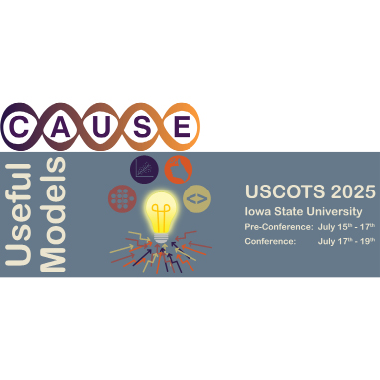Graduate Student Spotlight: Ishan Santra
Ishan Santra (He/Him/His)
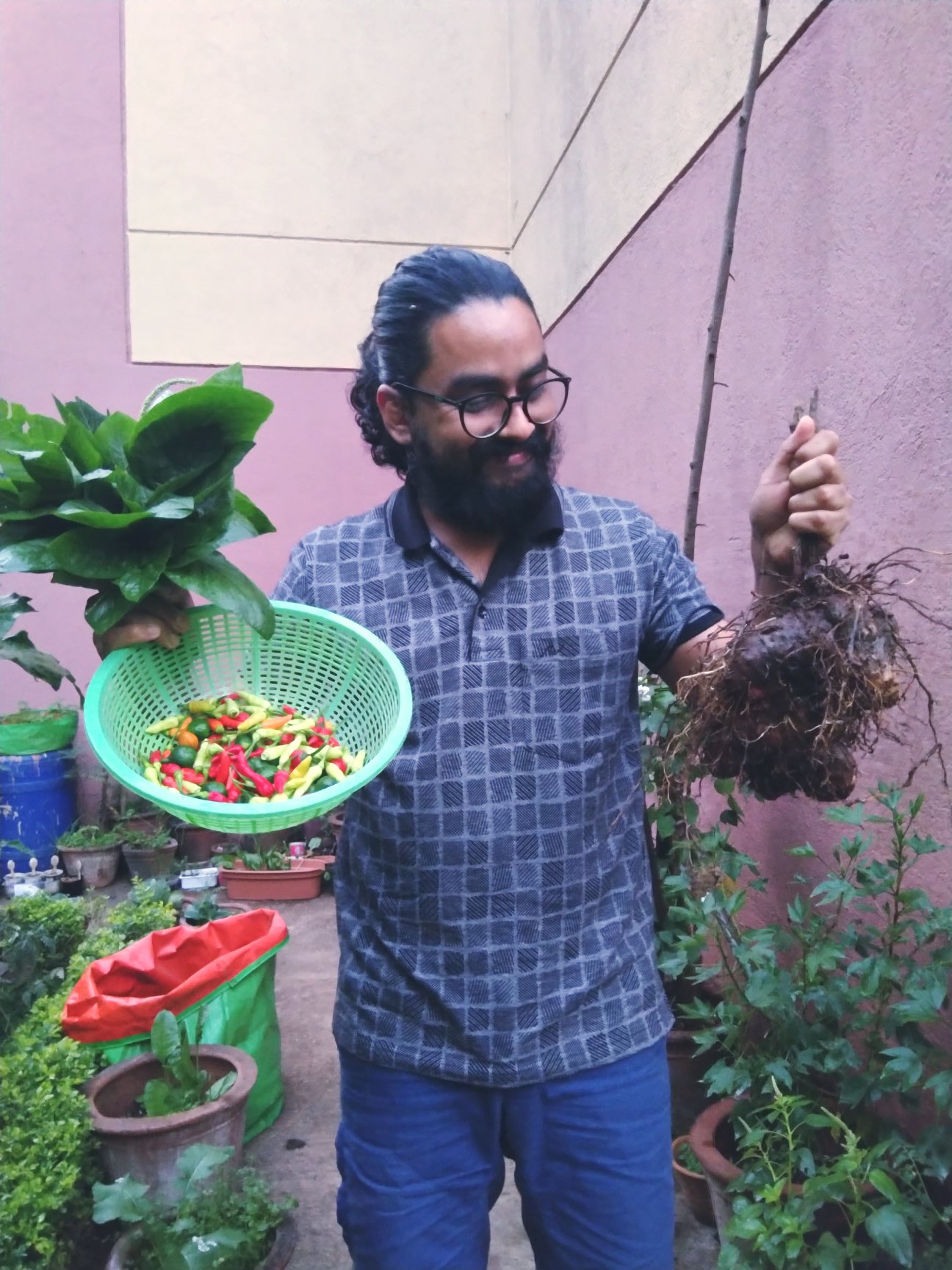 I am originally from the eastern part of India, the Gangetic riverine basin, a flood
land with rich soil but not so egalitarian economy since it was this delta that has
been one of the most economically and culturally exploited colonized lands during
the British invaded era. I speak Bangla and belong to a humble family of rural agrarian
villagers from Nalikul, in the Hooghly district of West Bengal, always aspiring for
knowing more about the community, the place, the histories-herstories-theirstories
and fighting the hierarchies that tied and restricted the living and non-livings of
the earth from glooming into the avenues of full possibilities.
I am originally from the eastern part of India, the Gangetic riverine basin, a flood
land with rich soil but not so egalitarian economy since it was this delta that has
been one of the most economically and culturally exploited colonized lands during
the British invaded era. I speak Bangla and belong to a humble family of rural agrarian
villagers from Nalikul, in the Hooghly district of West Bengal, always aspiring for
knowing more about the community, the place, the histories-herstories-theirstories
and fighting the hierarchies that tied and restricted the living and non-livings of
the earth from glooming into the avenues of full possibilities.
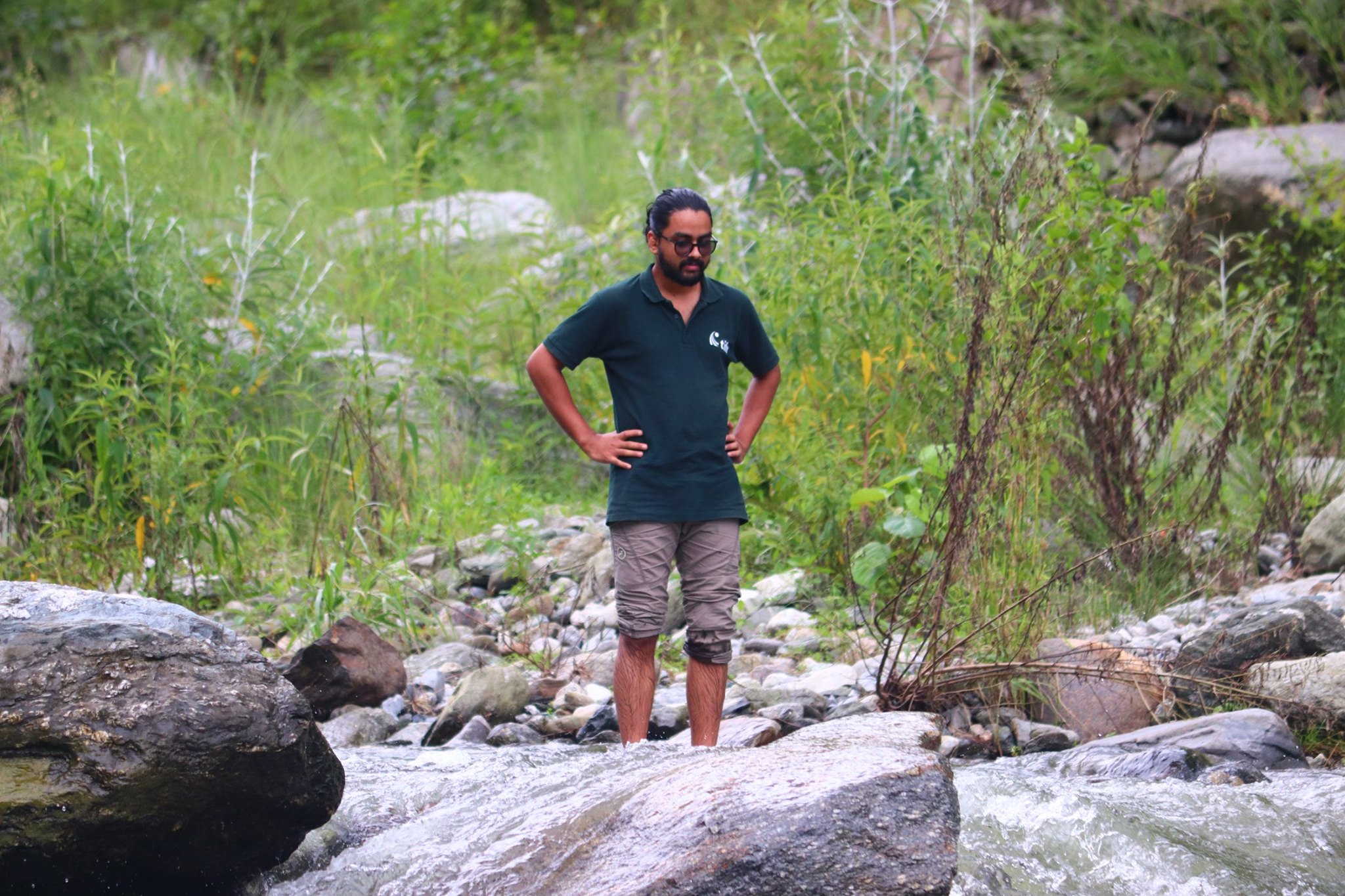 My educational and emotional journeys took me to the lovely cities of Kolkata and
Mumbai during my undergrad and graduate days. I visited Imphal, Guwahati, Itanagar,
Hyderabad, Chennai, Srinagar, Patna, Darjeeling, Shimla, New Delhi, Pondicherry in
last two decades— some of the most prominent cities in India, either just for the
sake of visiting them, or for other work-related purposes.
My educational and emotional journeys took me to the lovely cities of Kolkata and
Mumbai during my undergrad and graduate days. I visited Imphal, Guwahati, Itanagar,
Hyderabad, Chennai, Srinagar, Patna, Darjeeling, Shimla, New Delhi, Pondicherry in
last two decades— some of the most prominent cities in India, either just for the
sake of visiting them, or for other work-related purposes.
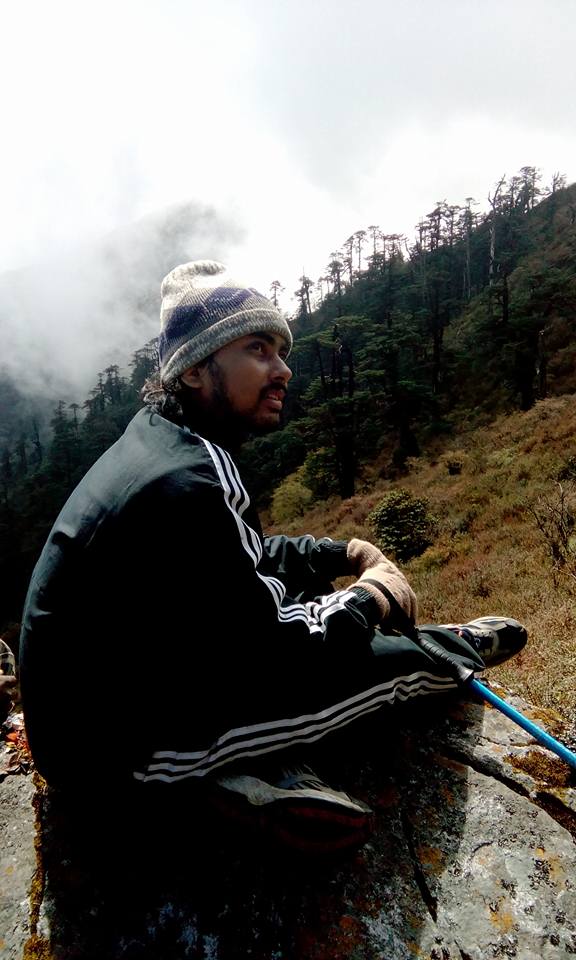 Under the typically bad, hectic, and exploitative global working conditions, just
like the other working people from this world, I too struggle to have ‘free’ time
for doing something that reassures my faith in humanity. With the little salvaged
time for freely being myself, I hiked the Himalayas and the Sahyadris, played cricket
and football (what they call soccer in the US), laughed and cried with friends in
personal and collective accomplishments, losses and miseries, organized for protesting
several social and political atrocities coming from the powerful ruling section of
the society.
Under the typically bad, hectic, and exploitative global working conditions, just
like the other working people from this world, I too struggle to have ‘free’ time
for doing something that reassures my faith in humanity. With the little salvaged
time for freely being myself, I hiked the Himalayas and the Sahyadris, played cricket
and football (what they call soccer in the US), laughed and cried with friends in
personal and collective accomplishments, losses and miseries, organized for protesting
several social and political atrocities coming from the powerful ruling section of
the society.
To me, nothing is extra-curricular. Life is a curriculum-in-making, to be read, enacted, and modified dynamically, on the go. In my last failed doctoral endeavor at Homi Bhabha Centre for Science Education, Tata Institute of Fundamental Research, I worked towards envisioning a public mathematics curriculum that can acknowledge relationality, conflict, resistance, land- and water-questions, ecology, pain, loss, joy, humiliation, care, and love. What public would a curriculum like this then create around itself? I was a part of an informal learning space organized by a protesting Adivasi community while engaging with those questions. I took an MPhil exit from that previous doctoral program and came to join the PRIME at MSU as a PhD grad assistant to become more critically aware and well-equipped to face the global and connected aspects of those critical questions.
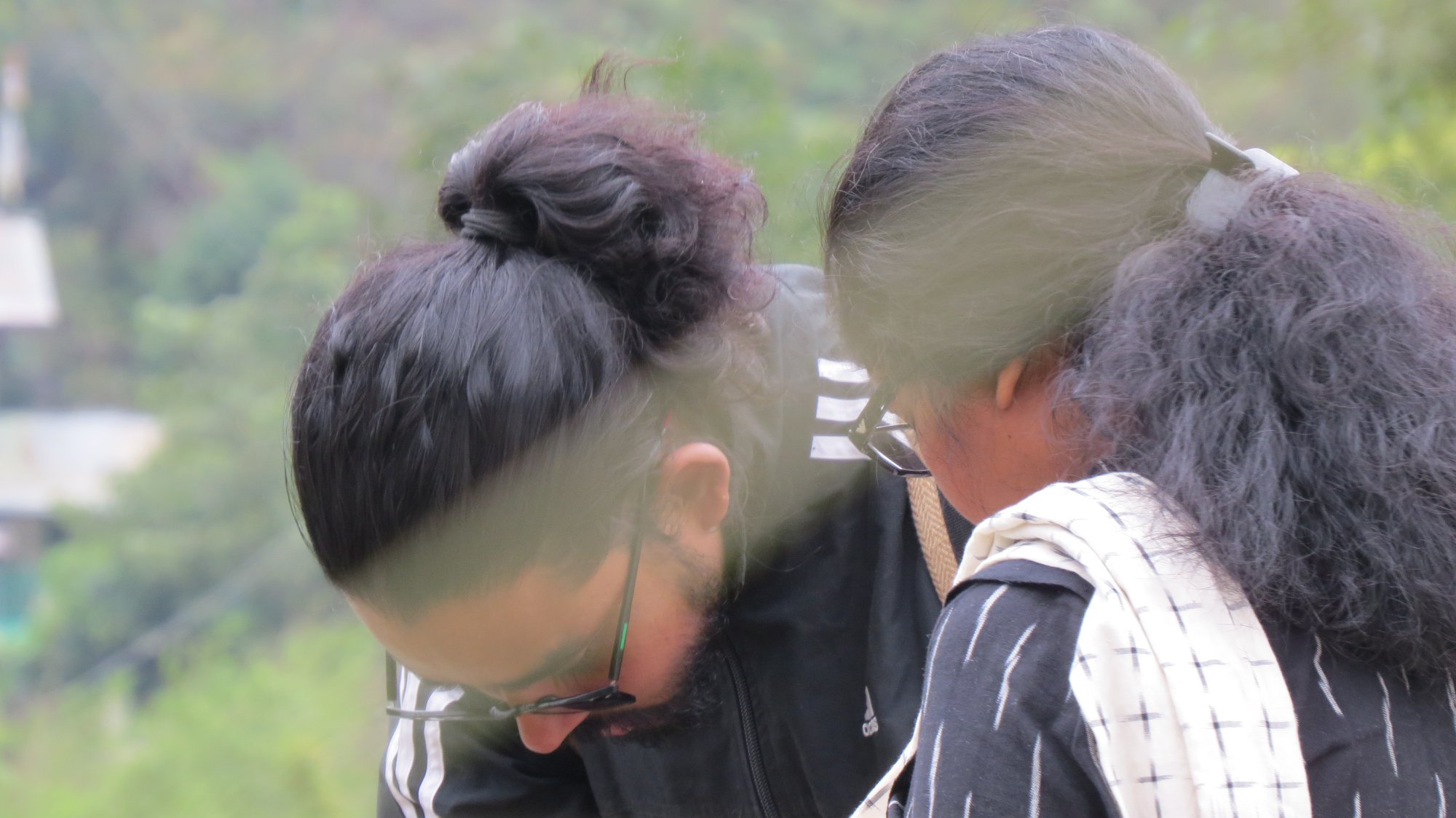 I hope to contribute to the ongoing struggle against the social hierarchies in India,
particularly against the caste-system. I hope to experience the empowering aspects
of mathematics education research, providing me the needed resilience to hold my ground
and root myself deeply.
I hope to contribute to the ongoing struggle against the social hierarchies in India,
particularly against the caste-system. I hope to experience the empowering aspects
of mathematics education research, providing me the needed resilience to hold my ground
and root myself deeply.
Written by Ishan Santra
